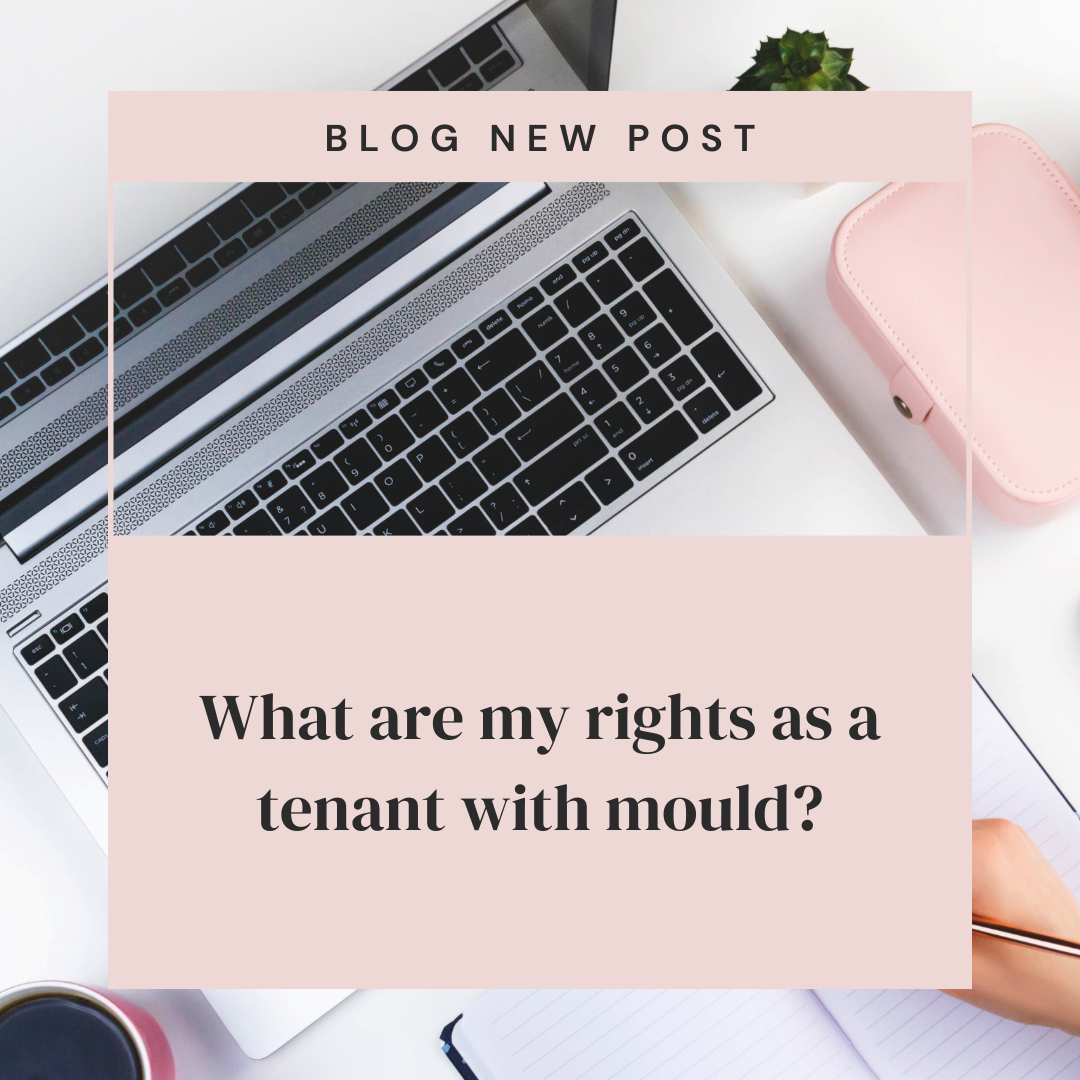What are my rights as a tenant with mould?
What are my rights as a tenant with mould? Mould is a common problem in many rental properties, and it can cause a range of health problems, including respiratory infections, asthma attacks, and allergic reactions. If you are a tenant with mould in your home, it is important to know your rights and what you can do to get the problem fixed.
What is mould and why is it dangerous?
Mould is a type of fungus that grows in damp and humid conditions. It can be found on a variety of surfaces, including walls, ceilings, floors, and furniture. Mould can produce spores that are released into the air and can be breathed in by people and pets.
Inhaling mould spores can cause a range of health problems, including:
- Respiratory infections, such as bronchitis and pneumonia
- Asthma attacks
- Allergic reactions, such as sneezing, runny nose, and itchy eyes
- Headaches
- Fatigue
- Skin irritation
Mould can also cause serious health problems for people with weakened immune systems, such as the elderly, young children, and people with chronic illnesses.
What are my rights as a tenant with mould?
In England, landlords have a legal duty to keep their rental properties in good repair and to ensure that they are fit for human habitation. This includes the responsibility to fix any problems with damp and mould.
If you discover mould in your rental property, you should report it to your landlord immediately. You can do this verbally or in writing. It is important to keep a record of all communication with your landlord, including the date and time of the report and any response you receive.
Your landlord has a reasonable amount of time to fix the problem, depending on the severity of the mould and the resources available to them. If your landlord does not fix the problem within a reasonable amount of time, you may be able to take further action, such as:
- Withholding rent: You may be able to withhold rent if your landlord does not fix a serious problem with damp or mould. However, it is important to seek legal advice before doing this, as there are strict rules that you must follow.
- Taking your landlord to court: If your landlord refuses to fix the problem, you may be able to take them to court. The court can order your landlord to fix the problem and may also award you compensation.
What can I do to prevent mould from growing in my rental property?
There are a number of things you can do to prevent mould from growing in your rental property, including:
- Ventilating your home regularly by opening windows and doors
- Heating your home to a comfortable temperature
- Keeping your home dry by fixing any leaks and avoiding condensation
- Cleaning up any spills immediately
- Removing any mouldy materials from your home
If you have any concerns about mould in your rental property, you should contact your landlord immediately.
Additional tips for tenants with mould
- Keep a record of everything: This includes the date and time you discovered the mould, any communication with your landlord, and any action you take to resolve the issue.
- Take photos and videos of the mould: This will help to document the problem and may be useful if you need to take further action, such as taking your landlord to court.
- Get medical advice if you are experiencing any health problems: Mould can cause a range of health problems, so it is important to get medical advice if you are experiencing any symptoms.
- Seek legal advice: If you are unsure about your rights or if you are having difficulty getting your landlord to fix the problem, you should seek legal advice.
Highly ranked keywords for SEO
- mould in rental properties
- tenants’ rights with mould
- how to deal with mould in your rental property
- what to do if your landlord won’t fix mould
- mould health hazards
- how to prevent mould growth
- mould removal
Conclusion
Mould can be a serious problem in rental properties, but tenants have rights. If you discover mould in your rental property, you should report it to your landlord immediately and keep a record of all communication. If your landlord does not fix the problem within a reasonable amount of time, you may be able to take further action, such as withholding rent or taking your landlord to court.
Important links
Housing Disrepair Advice: https://housingdisrepairadvice.org/contact
Housing Ombudsman: https://www.housing-ombudsman.org.uk/
